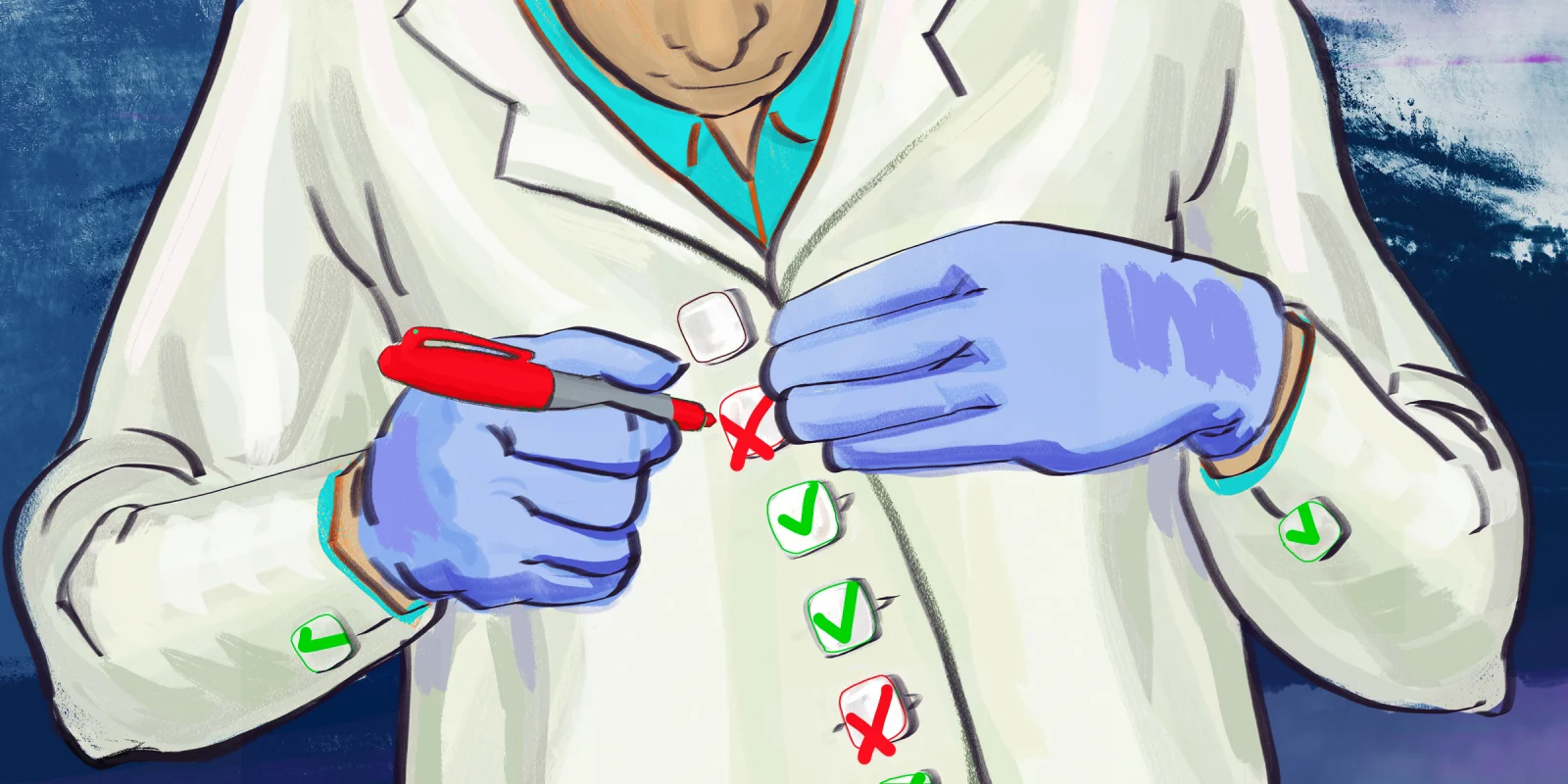The first thing I was told when I started residency was that our department was committed to excellence in patient care and in the training of residents and medical students. "Excellence" is a word I continued to see throughout my training, and a word you will be hard pressed not to find throughout any health care website or mission statement. I have always considered myself a person who strived for excellence, in all facets of my life. Until I discovered a new philosophy — mediocrity.
Mediocrity is a particularly dirty word in health care, and especially for physicians. Most patients do not want to walk into their doctor’s office and see the sign, Voted most mediocre ENT in town 5 years running! Imagine being prepped for surgery and the nurse tells you, This surgeon is the most mediocre in the hospital. You have nothing to worry about! Certainly in the modern lexicon, mediocrity has a less than stellar reputation. I’m not suggesting that hospitals across the country should change their marketing slogans, but we should consider changing the way we think about ourselves.
If all physicians are excellent, is anyone excellent? Consider this — excellence is not exceptional. When you see a behavior or skill that could be considered excellent, it is actually far more likely that it is of average quality, at that specific level. So to someone who has never seen a surgery performed, that surgeon will look like a truly excellent technician, a god amongst women. But to the surgeon watching another surgeon, it will likely look like baseline technique, a mere mortal performing the duty they were trained to do.
How should we, as physicians, use this information? Strive more fervently toward perceived excellence by making sure that the other surgeon watching you perform surgery recognizes your greatness? No, this would be a waste of time and resources, yet this is the attitude of so many physicians today. Instead, consider mediocrity. Have the courage to be ordinary and reallocate your resources elsewhere.
Mediocrity as a principle, paradoxically, will yield better and more diverse results. If excellence can be defined as optimization toward the 99th percentile, mediocrity is recognizing that you have hit diminishing returns at this level, skill, or behavior, and it is time to move on or level up. Mediocrity is allowing room for growth, failure, and creativity.
Picture yourself as a cross country runner. Your race is a 5K. To train for the absolute fastest 5K time, would you run a 5K every single day and push yourself to the limit? Or would you vary your training, some days practicing 400 meter sprints while spending others running 10 or 15 miles? If you run your race at 100% of your ability and you are about to be passed on the finishing stretch, you will have nothing left in the tank. But if you had practiced for a longer race, and were able to run a 5K at 90% of your ability, you would be able to access that extra 10% when needed to ensure victory.
The same idea holds true for any facet of your life or career. A general surgeon cannot be truly excellent at every single possible surgical procedure. They need to gain competency in a certain technique or type of case, and move on to learn the next one. Knowing precisely when to move on can obviously be difficult, but having a mindset toward mediocrity will free you to make those decisions. If you find yourself constantly needing to be excellent in a certain situation in order to simply get by, it may be time to find a new level.
I never quite understood the power of mediocrity as a principle until I started my solo ENT practice after residency. I had to teach an entire new staff, all of whom had never worked in an ENT clinic before, everything they needed to know to keep our clinic running smoothly and for our patients to get the best care. I attacked it with the same rigor that I had used during residency, providing very long and detailed instructions for everything I could think of. But things kept falling through the cracks. I quickly realized that I needed to simply find a viable solution for each issue, and let them master the technique to the necessary level that allowed us to all be effective. And over time, when we honed in on the most important tasks, and let other less important aspects take care of themselves, we were able to become more efficient and the clinic ran beautifully. By approaching things with a mediocrity mindset, we were actually able to achieve a better outcome.
I considered citing a few studies or cognitive biases that might lead people to believe in excellence as a philosophy, but figured that it would take me too long. Better to showcase a true example of mediocrity in practice.
What are your thoughts on mediocrity versus excellence? Share in the comments.
Frances Mei Hardin, MD is a full time otolaryngologist, creator of the brand Rethinking Residency, and host of the podcast Promising Young Surgeon. She is a proud member of the physician-writer tradition and an advocate for change in the culture of medical training.
Illustration by Jennifer Bogartz







